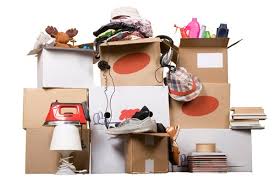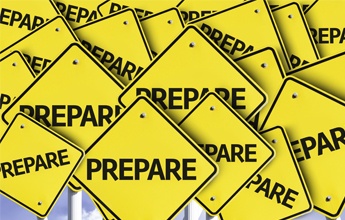
A landlord cannot refuse to return tenants' possessions even if the tenant owes rent.
There are recommended procedures for landlords to follow, if tenants leave goods behind and arrangements have not been made for collection.
Tenants can apply to the respective tribunal if they:
- Have suffered a loss because the landlord did not follow recommended procedures
- Can prove the goods were worth more than the cost to the landlord of removal, storage and selling of the goods.
A landlord can also apply to the tribunal if they have obtained a report and suffered a loss through the cost of removing, storing and auctioning the goods.
Personal documents like official documents, photographs, correspondence, images on still and video cameras, material on computer hard drives and any other documents - a person would reasonably expect to keep in their possession.
A landlord can be fined for not letting a tenant reclaim documents if they are willing to pay a reasonable amount to cover costs.
If a landlord complies with the law and the tenant does not claim the documents, the documents can be disposed of.
The landlord can then apply to the appropriate tribunal to be compensated for the cost of looking after and removing the documents.
Goods that can be disposed of include:
- Perishable foods
- Dangerous goods
- Goods of no monetary value
Everything else must be stored unless removal, notification, storage and auction costs would be more than the monetary value of the goods.
If a tenant leaves goods behind that are not allowed to be disposed of, landlords must:
- Store the goods for 28 days
- Notify the tenant within 7 days of storing the goods to arrange collection
- Let the tenant reclaim the goods after they have paid costs to cover any reasonable expenses paid by the landlord to remove and store them.














